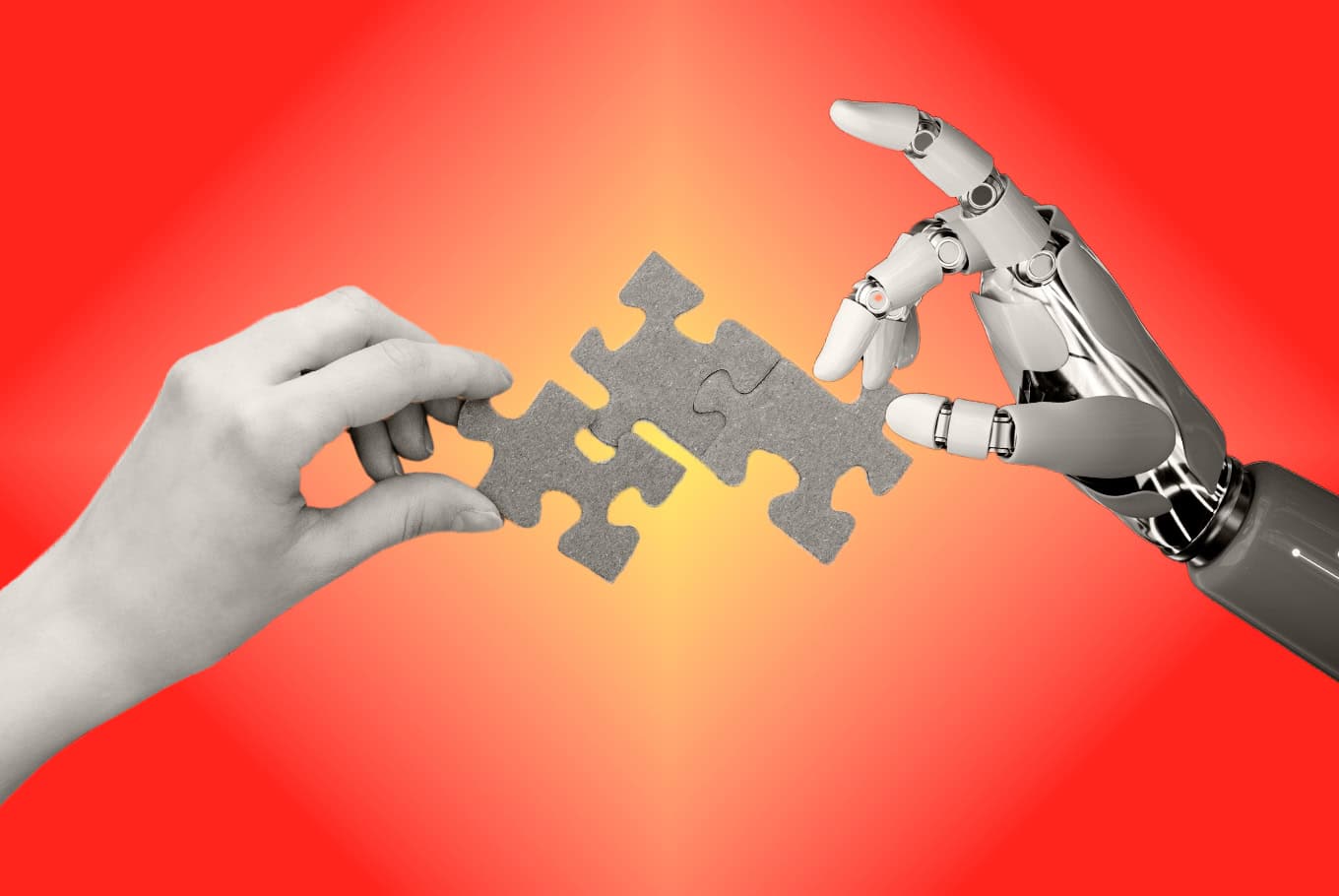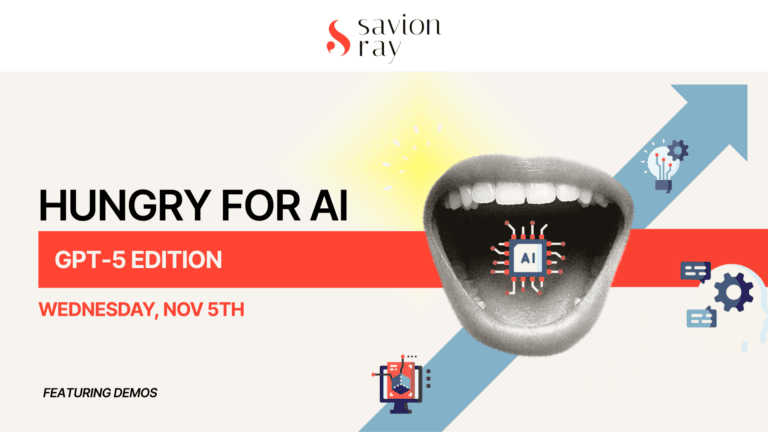Artificial Intelligence is no longer a distant concept — it’s reshaping industries and prompting tough questions about the future of work. Amidst the excitement lies an undercurrent of anxiety: Will AI replace our jobs, or can it be our ally?
Drawing on insights from AI experts and research featured in our AI Unmasked Toolkit for Strategic Leaders, we’ve explored these questions and the answer might surprise you. AI won’t replace you — people using AI will.
Understanding the fear: Why we resist change
The fear of losing jobs to technology isn’t new. During the Industrial Revolution, the advent of machines sparked widespread anxiety. More recently, automation in manufacturing and digital tools in office environments raised similar alarms. Yet, history reveals a recurring pattern: while technology disrupts, it also creates. For instance, the rise of automobiles disrupted horse carriage businesses, but it also created millions of jobs in car manufacturing, road infrastructure, and logistics. The internet eliminated roles like typists but gave birth to entire industries — web development, digital marketing, and e-commerce.
AI follows this trajectory, presenting both challenges and opportunities. However, many fears surrounding AI come from misunderstanding its role. Unlike prior technologies, AI’s goal isn’t simply to automate; it’s to augment.
The truth about AI and the workforce
AI is here to help us with our tasks by automating the repetitive and simplifying the complex. It’s enabling professionals to focus on the work that truly matters. Here are some of the ways AI is transforming the workforce:
Routine automation
AI excels at repetitive, time-consuming tasks, such as data entry, report generation, and basic customer service queries. This doesn’t eliminate jobs — it liberates employees from mundane tasks, allowing them to focus on strategic and creative work that requires human insight. For example, AI chatbots can handle basic customer inquiries, enabling customer service teams to focus on resolving complex issues and building stronger client relationships.
Upskilling opportunities
AI is not just a tool; it’s a catalyst for professional growth. As routine tasks become automated, demand for skills like strategic thinking, problem-solving, and creativity grows. Employees who learn to collaborate with AI tools find themselves better equipped for the evolving workplace. For instance, marketing professionals using AI-powered analytics can refine campaigns with insights they previously couldn’t access, amplifying their impact.
Productivity gains
Early AI adopters report significant productivity increases. These gains enable organizations to reallocate resources, invest in innovation, and create new opportunities for their teams. Far from shrinking the workforce, AI allows teams to achieve more with less, making their roles more impactful and rewarding.
Why AI is an opportunity, not a threat
Organizations across industries are already proving that AI can be a powerful tool for growth and innovation — not a job killer.
- Small and medium-sized enterprises (SMEs) are using AI to scale efficiently, gaining access to tools that were once exclusive to larger companies. For example, AI-powered platforms can help SMEs analyze customer behavior, predict market trends, and optimize supply chains without needing a large in-house data team.
- Large organizations are leveraging AI to create hyper-personalized experiences for their customers. AI analyzes vast amounts of data to tailor recommendations, marketing messages, and product designs to individual preferences. This not only drives revenue but also deepens customer loyalty.
- Far from diminishing human creativity, AI enhances it. In fields like storytelling, design, and communications, AI serves as a partner, providing data-driven insights and automating repetitive tasks so that professionals can focus on crafting impactful narratives and building authentic relationships.
AI’s role in public affairs and communications is particularly transformative. By automating data analysis and enabling real-time monitoring of public sentiment, AI allows professionals to focus on strategy, relationship-building, and advocacy — tasks where the human touch is irreplaceable.
What’s next?
By shifting the mindset from fear to opportunity, we can prepare ourselves and our organizations to thrive in the evolving workplace. AI has the power to free us from mundane tasks, enhance our creativity, and open doors to opportunities we have yet to imagine.
Stay tuned for our next blog, where we’ll explore how your organizations can empower individuals and teams to make the most of AI.
Meanwhile, check out our AI Unmasked: Toolkit for Strategic Leaders to equip yourself with actionable insights and strategies to embrace AI confidently and thrive in your career.



